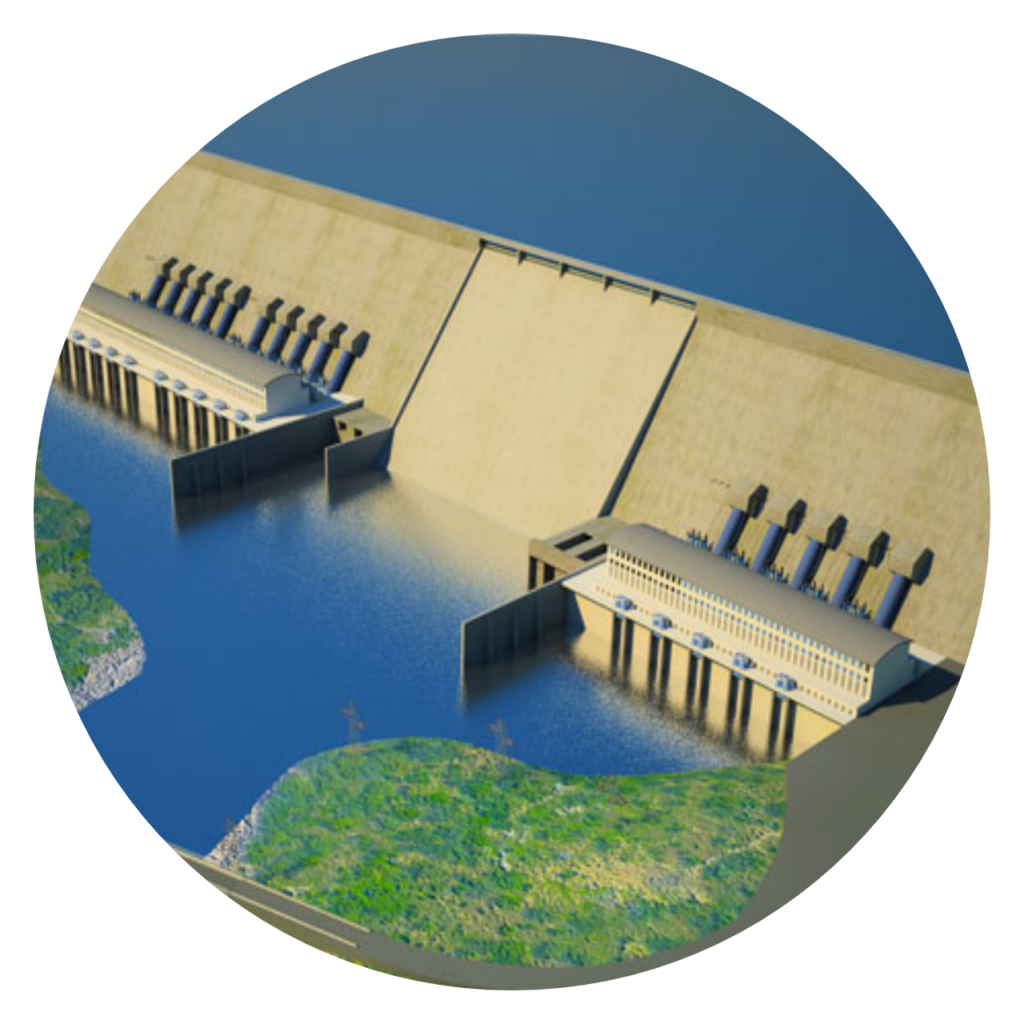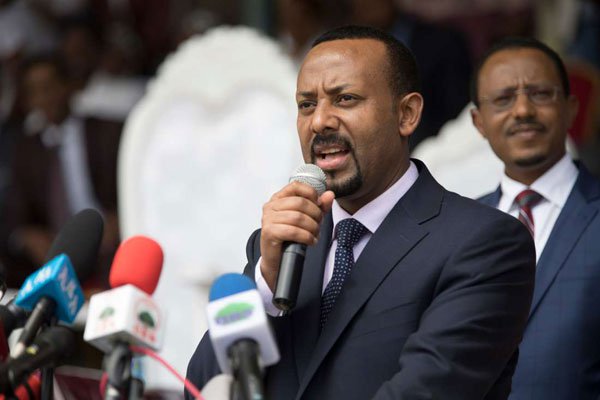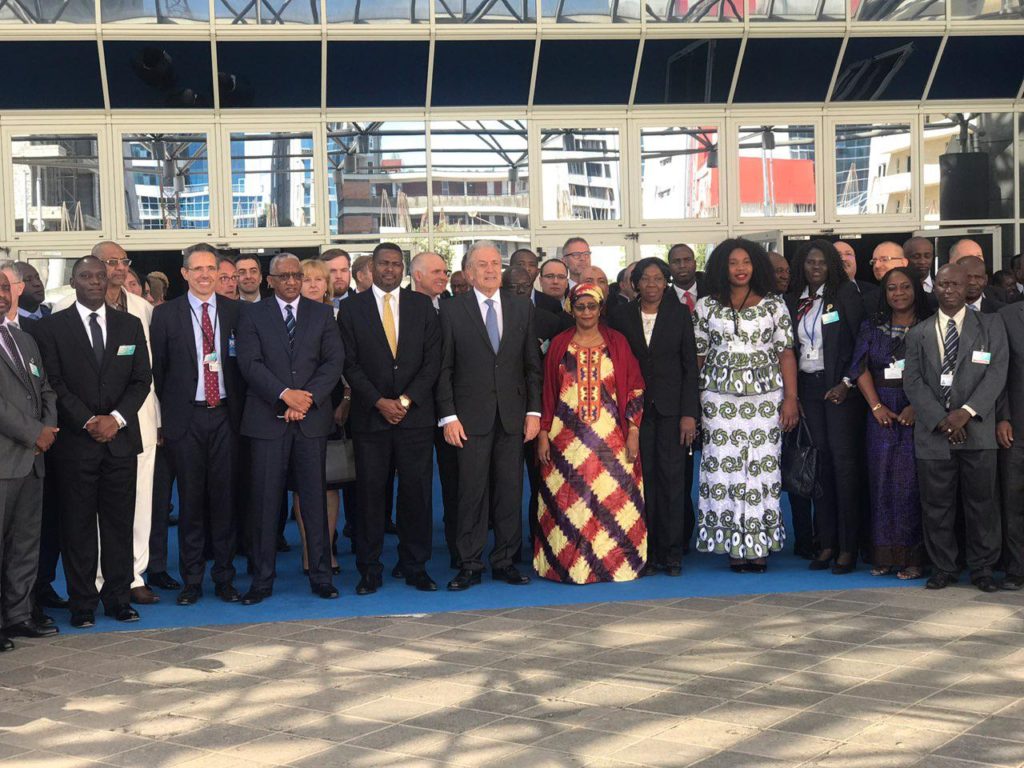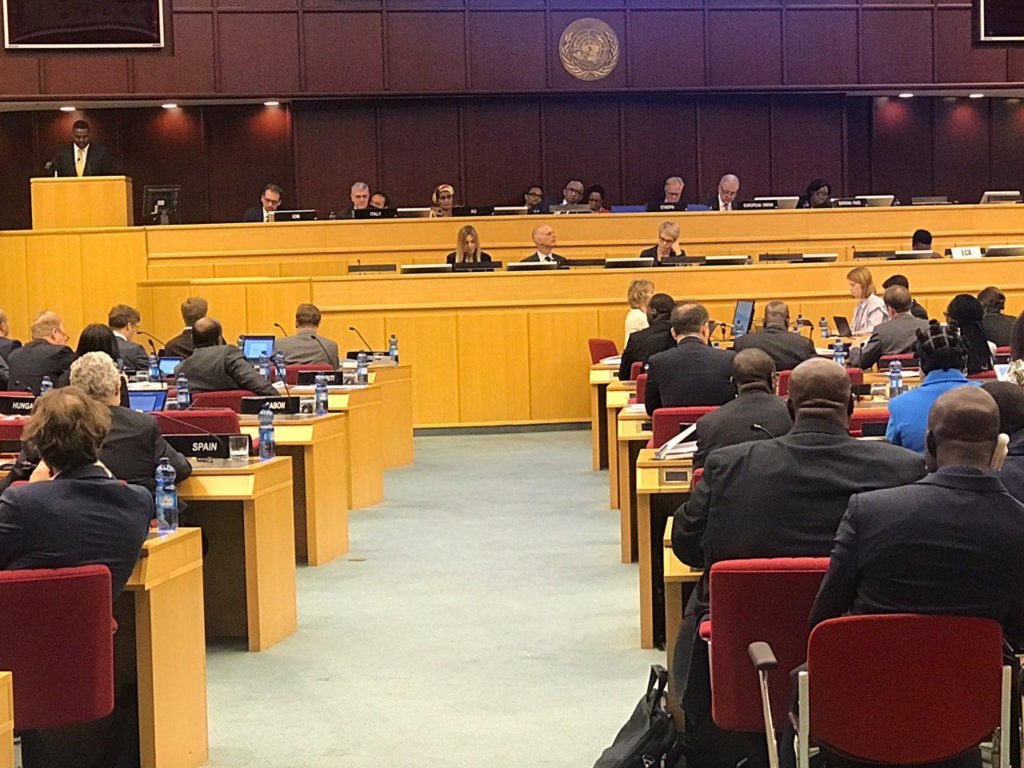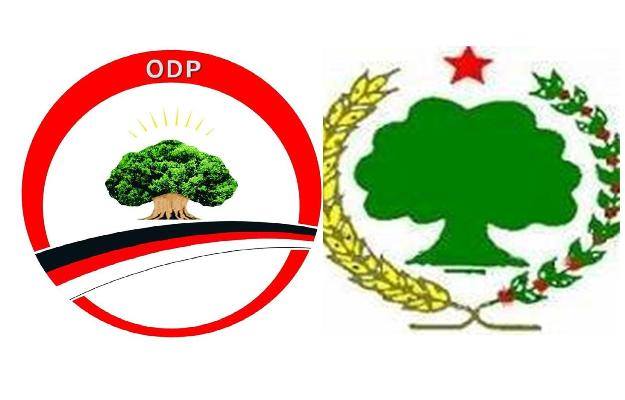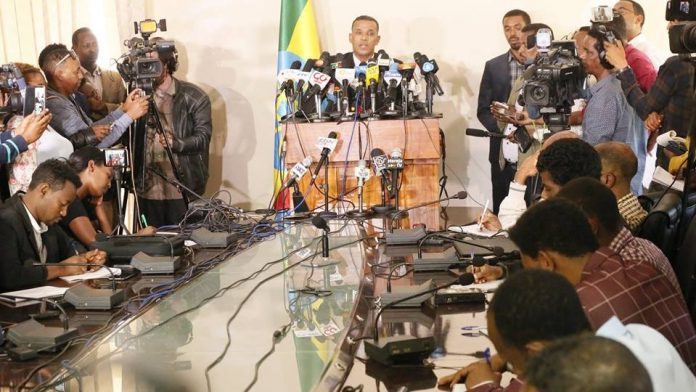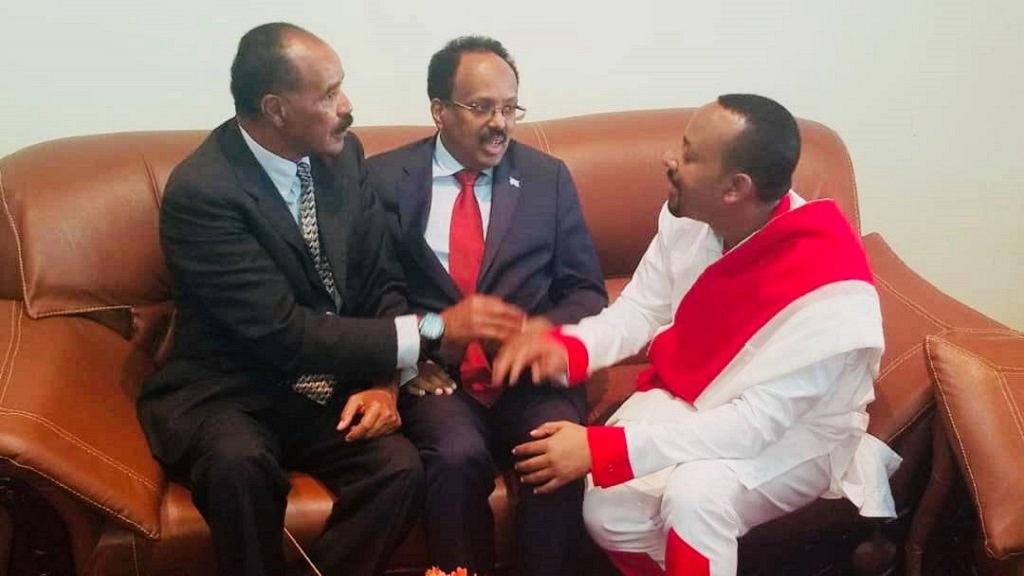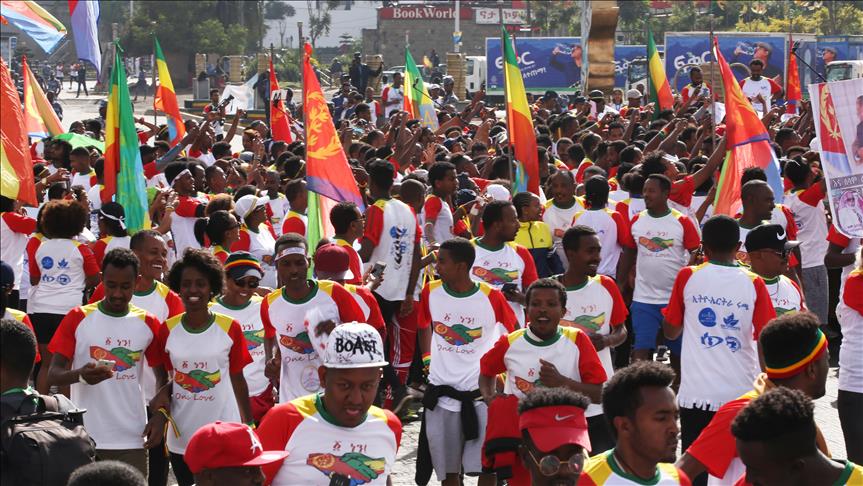Ethiopia and Egypt will hold talks in the next two weeks to iron out differences over an Ethiopian dam on the River Nile.
The two countries and Sudan have held a series of constructive meetings over the $4 billion hydroelectric Grand Renaissance Dam, but have yet to reach a deal on managing flows and other issues.
Ethiopia is also one of the countries with the highest energy poverty in the world, while the energy demand is increasing by 32 percent each year. The utilization of the waters of the Nile River is indispensable to eradicate poverty and the centrepiece of Ethiopia’s developmental project.
However, Egypt fears the scheme will restrict the waters coming down from Ethiopia’s highlands, through the deserts of Sudan, to its fields and reservoirs. Ethiopia, which wants to become Africa’s biggest power exporter, says it will have no such impact.
Prime Minister Abiy Ahmed conferred with Egyptian Prime Minister Mostafa Madbouly on the sideline of the 11th African Union Extraordinary Summit yesterday.
Egypt’s prime minister, Mostafa Madbouly, said he and his Ethiopian counterpart, Abiy Ahmed, agreed “to start bilateral discussions in the next two weeks to agree on the points that remain unagreed”.
PM Abiy repeated that he wanted to preserve Egypt’s Nile river rights.
In 2013, Ethiopia began construction of the Grand Ethiopian Renaissance Dam (GERD), located in the headwaters of the Blue Nile River. Upon completion, the dam will be Africa’s largest hydroelectric power plant and will boost the economic growth of Ethiopia.
